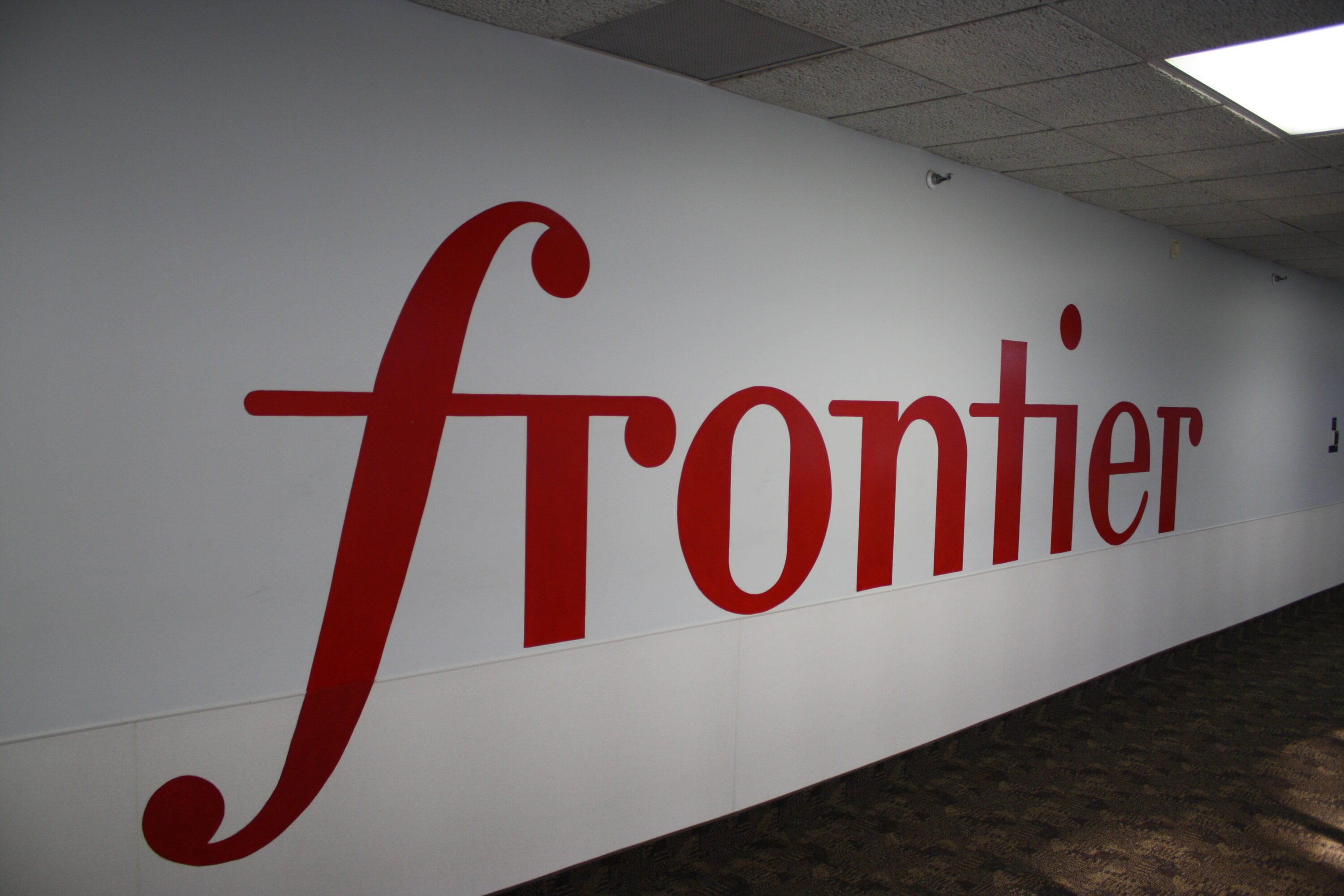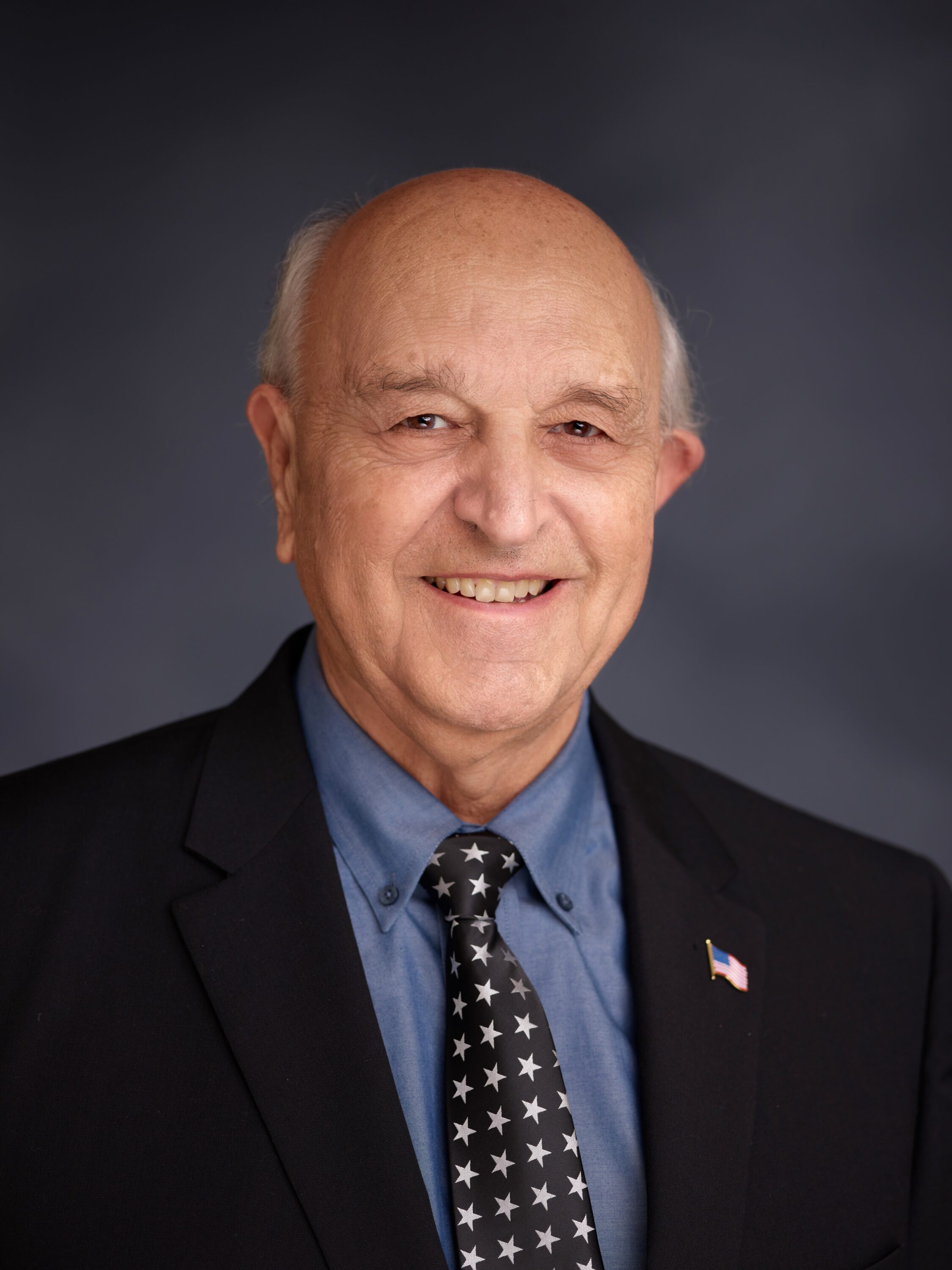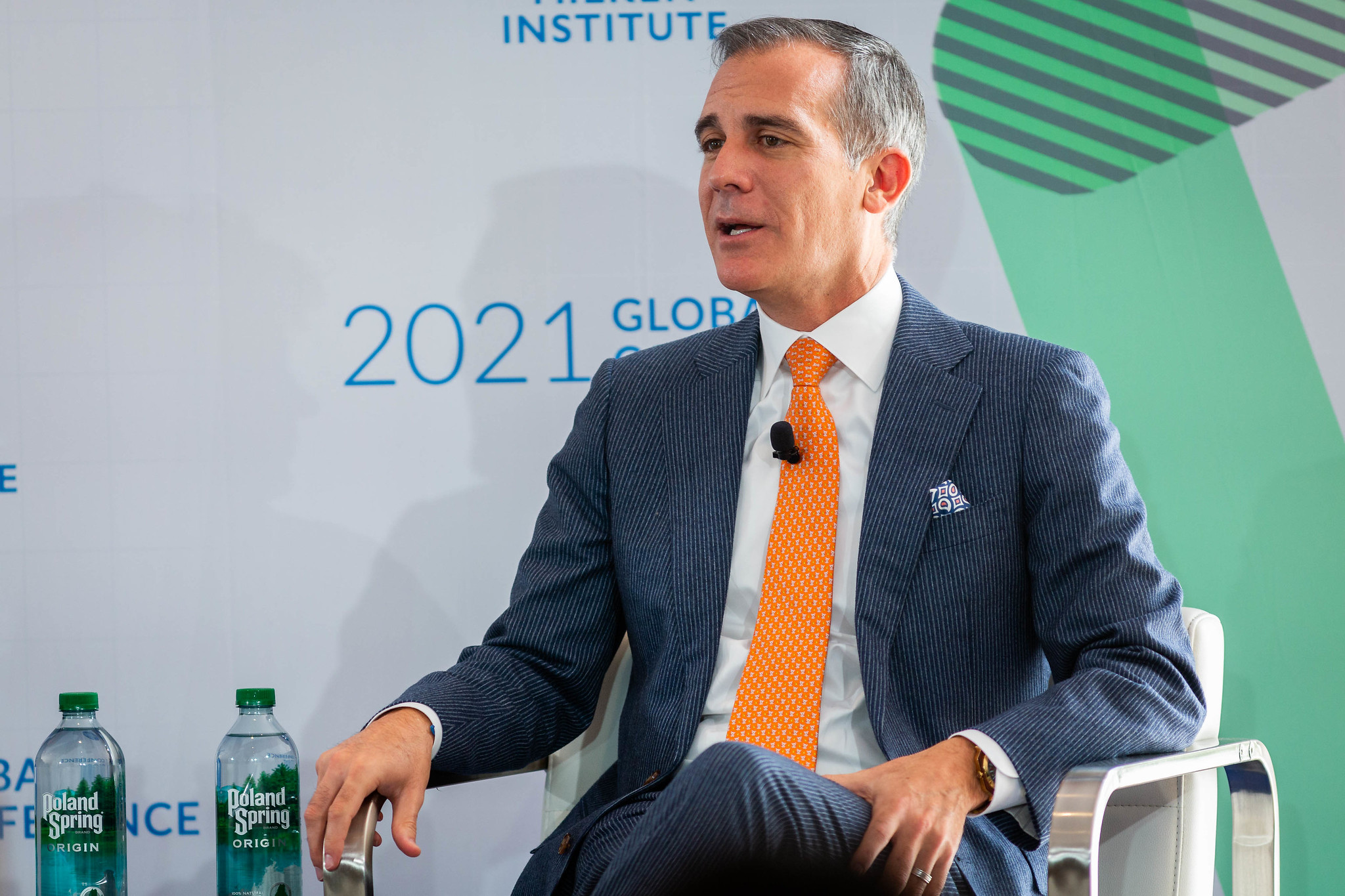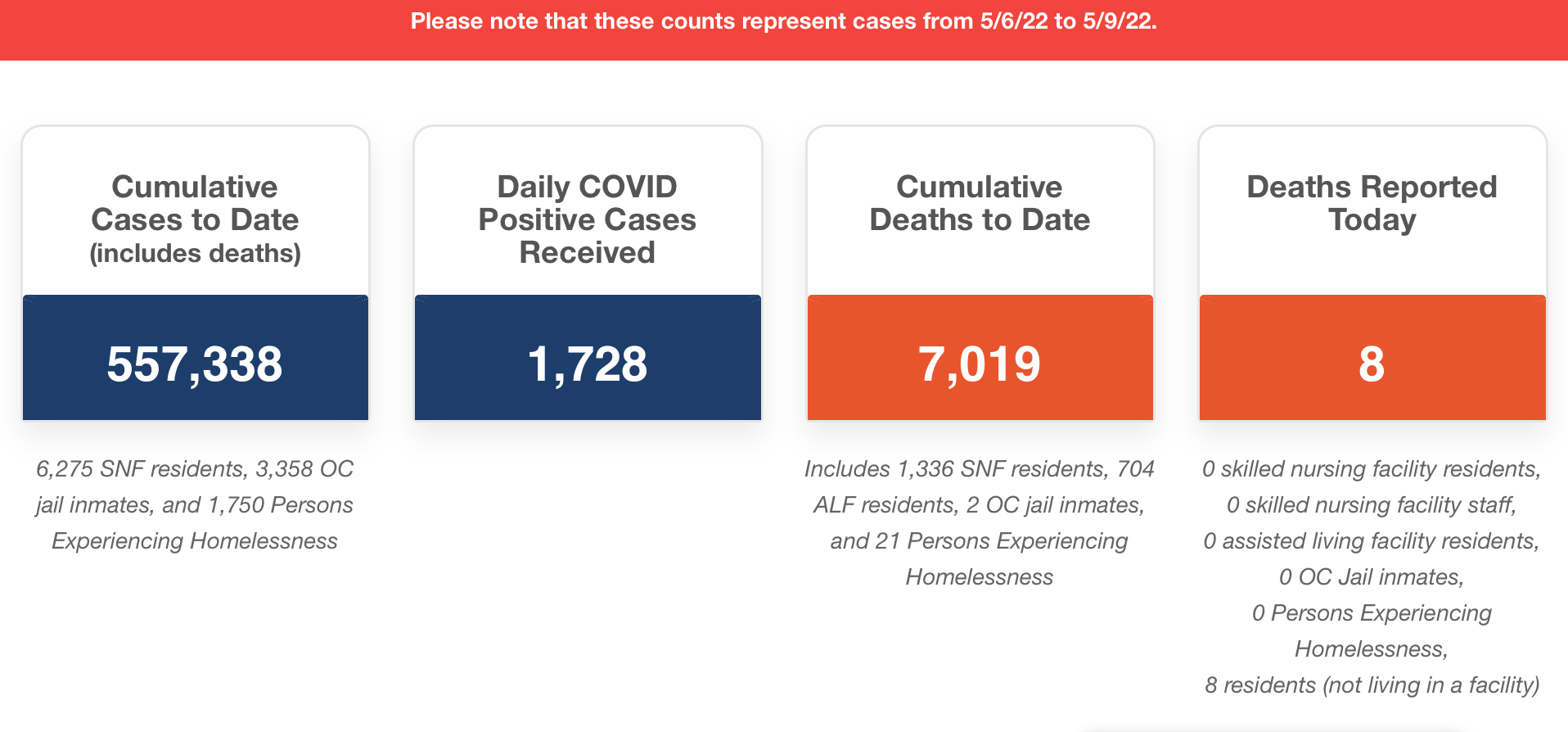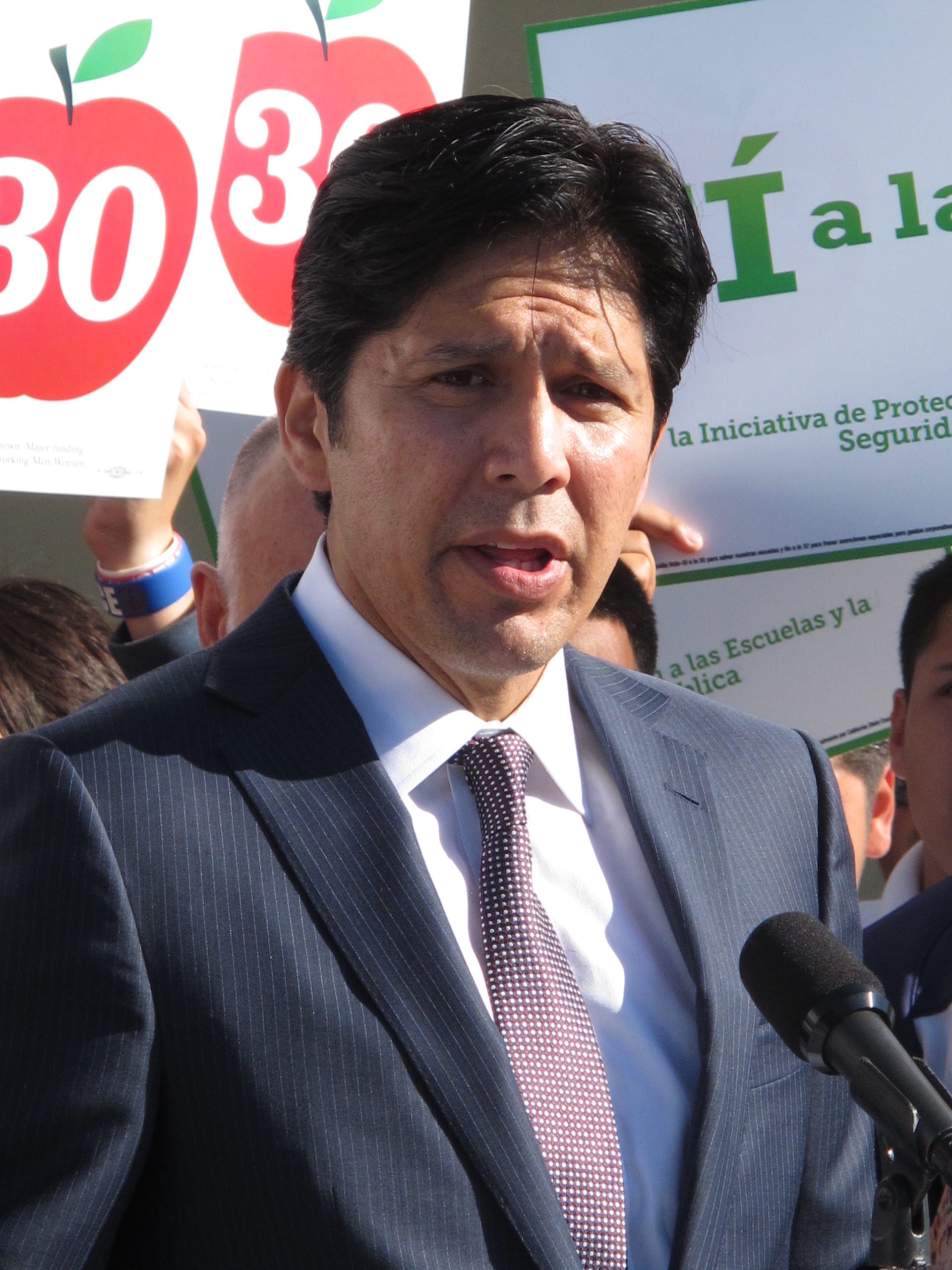Internet service provider Frontier Communications reached a tentative legal settlement valued at nearly $70 million with Riverside County and other plaintiffs over false advertising and related civil violations stemming from the company’s alleged failure to provide customers with high-speed service, it was announced Thursday.
The lawsuit, initiated by the Federal Trade Commission and joined by the Riverside County District Attorney’s Office, as well as the Los Angeles County D.A.’s office, was filed a year ago in U.S. District Court following a monthslong investigation in California.
The Riverside County D.A.’s Consumer Protection Unit took the lead in prosecuting the case.
The agency said the settlement, pending approval by U.S. District Court Judge R. Gary Klausner in Los Angeles, proposes $8.57 million in civil penalties, with a separate $250,000 expected to be distributed to Frontier customers statewide in unspecified small amounts to mitigate the inconveniences they endured due to Frontier’s misrepresentations.
The heart of the settlement, however, is the proposed deployment of fiber optic — high-speed — internet connections to an estimated 60,000 residences throughout the state, an investment valued at close to $60 million, according to prosecutors.
Attorneys general in Arizona, Indiana, Michigan, North Carolina and Wisconsin had originally signed on as co-plaintiffs. However, last October, Klausner dismissed their claims due to jurisdictional disputes.
In a statement Thursday, a Frontier spokesman said the company did not admit any wrongdoing as part of the settlement and insisted the FTC’s complaint included “baseless allegations and disregarded important facts.”
According to the company, it opted to settle the case “in good faith to put it behind us so we could focus on our business — that’s in the best interest of all our stakeholders, and especially our customers. Our commitment is to our customers and providing them with access to high-speed internet and improving our service in rural and underserved areas.”
Riverside County prosecutors said that Frontier offered customers various digital subscriber line “tiers” guaranteeing fast internet connectivity. However, going back to January 2015, complaints began flowing to Frontier and government agencies that the company was not delivering the promised services, according to the D.A.’s office.
“Many consumers complained that slower internet speeds provided by Frontier failed to support typical online activities that should have been available at the speed tiers sold to them,” the agency said in its announcement of the lawsuit last year.
The FTC gathered evidence and ultimately determined that the Norwalk, Connecticut-based telecommunications company had allegedly violated the FTC Act.
In Riverside County, prosecutors identified apparent violations of the state False Advertising Law and the Unfair Competition Law, both provisions of the Business & Professions Code.
Frontier previously denied the claims, issuing a statement last year maintaining that the company’s DSL speeds have been “clearly and accurately articulated, defined and described” in its marketing materials and disclosures.

